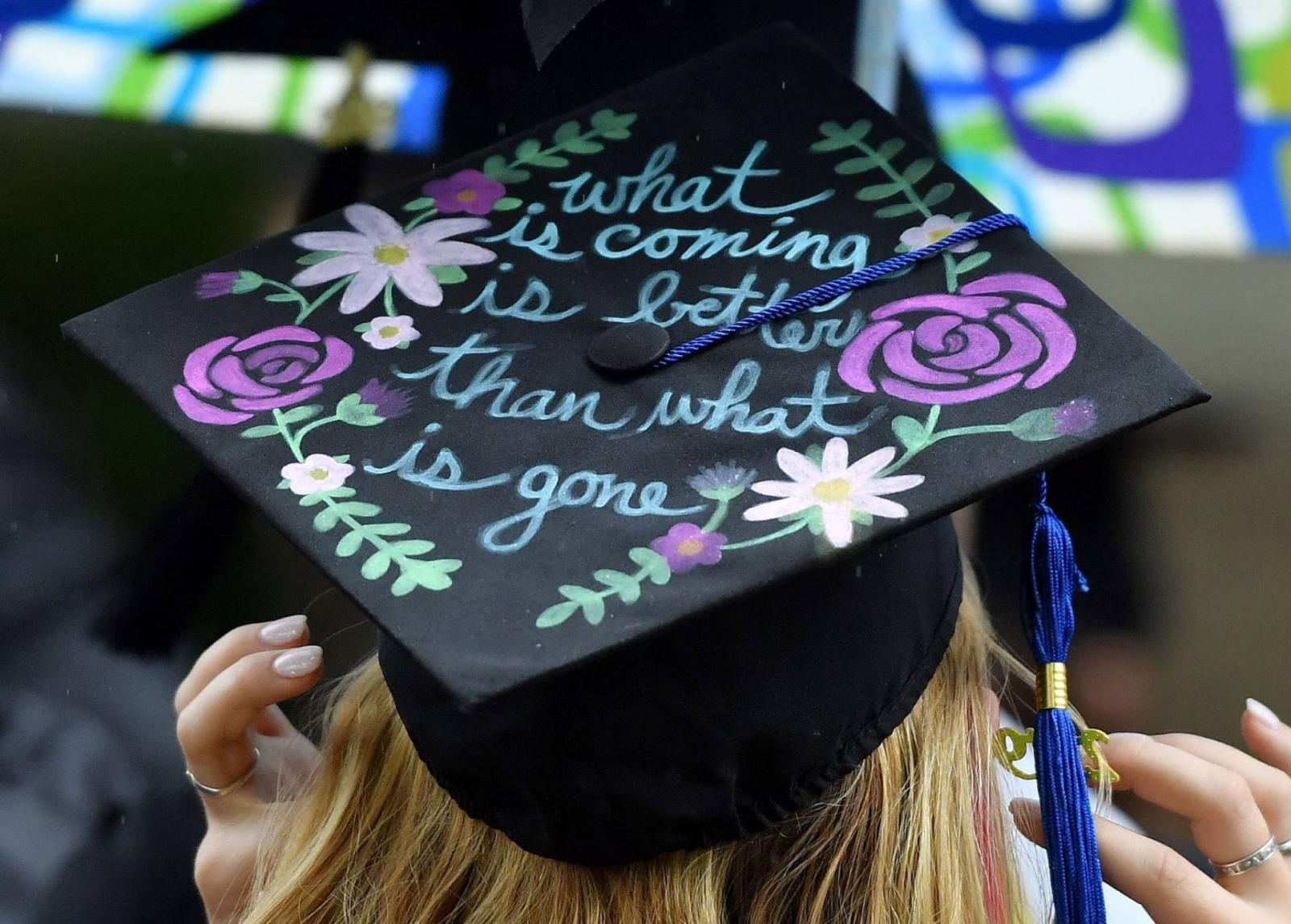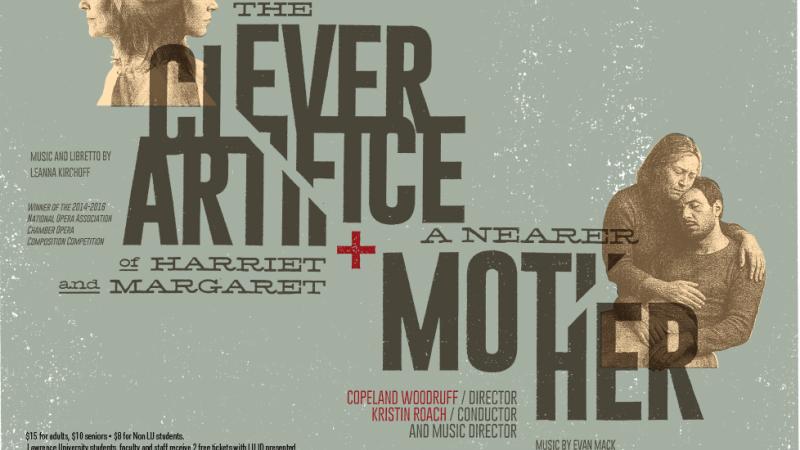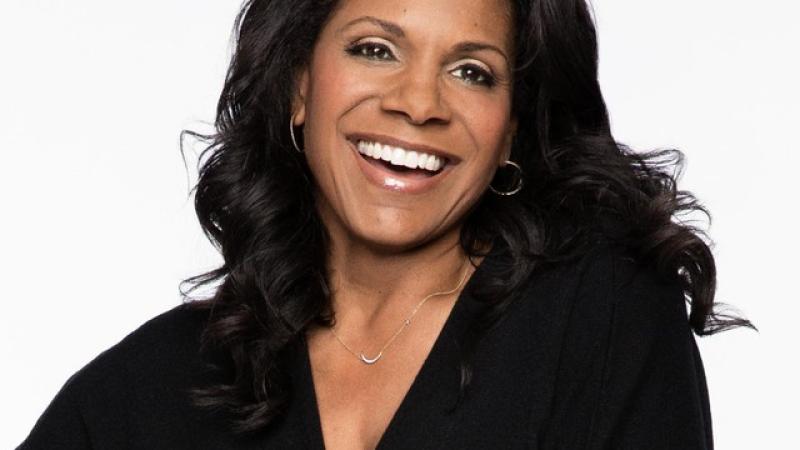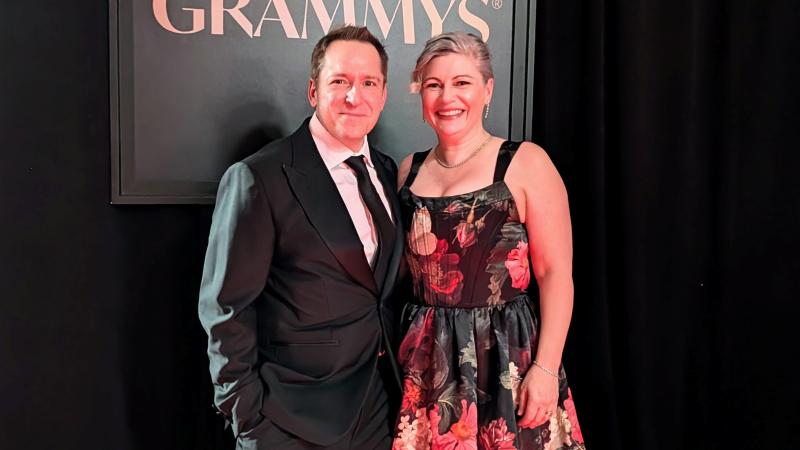Career advisors and other staff in Lawrence University’s Center of Career, Life, and Community Engagement (CLC) have doubled down on personal connections as the COVID-19 pandemic has kept students at a physical distance and economies near and far have faltered amid the global lockdown.
The CLC already had significantly ramped up its Life After Lawrence initiatives over the past year, including launching Career Communities and Viking Connect, both aimed at better connecting students with career advising and opportunities of interest while facilitating conversations between students and alumni.
But the job market has suddenly shifted, as has the processes for seeking jobs, internships, and other opportunities. Students are understandably nervous about an economy in distress, with factors at play that no one has seen before.
From daily networking webinars, to funding for remote internships, to new access to Harvard Business School courses online, the CLC advisors and other staff members are adjusting on the fly to keep students in the loop, tapping into every possible resource that’s available.
More information on the Center for Career, Life, and Community Engagement can be found here.
For Michelle Cheney, an assistant director of the CLC who has been working daily with students who are feeling the angst that comes with so much uncertainty, it’s a time for calming words and the sharing of every bit of helpful information she and her colleagues can get their hands on.
“Even with a range of emotions being shared, I have been deeply impressed that many of our students have approached their life after Lawrence plans in a truly Lawrence way,” Cheney said. “They are reaching out for support from the LU community near and far, embracing ambiguity, asking thoughtful questions around economic impact, remaining open and flexible to new industries and roles, and leveraging their care and concern for their community to see where they can have a positive impact. The world of work is changing dramatically, and how our students are responding to self-design, redesign, and finding new experiences speaks volumes to the skills they have learned at Lawrence.”
Mike O’Connor, the Riaz Waraich Dean of the CLC, said his staff is recruiting alumni to share job and internship opportunities, piloting new career content on a daily basis, and “coaching students to pivot quickly.” Viking Connect has been at the center of much of that. The online platform was launched in January to better connect students with alumni employed in fields of interest. It has seen an uptick in use in the seven weeks since COVID-19 was declared a pandemic, and now has 507 alumni and 337 students signed up.
“We put a pitch out on Viking Connect for alums to share job, internship, and short-term projects with us, which has been yielding some great job and internship opportunities, distance and otherwise,” O’Connor said.
Lawrence also has expanded its pilot program with Harvard Business School’s CORe (Credentials of Readiness) program, which offers Lawrence students the opportunity to take online Harvard Business School courses at a reduced rate. The online courses cover business analytics, economics for managers, and accounting. Lawrence is currently fully funding four students through the Lawrence Scholars in Business fund, and it has now started marketing the program more broadly as Harvard has cut the cost significantly in the wake of COVID.
In addition, new third-party partnerships have been initiated with vendors specializing in micro and distance internships, O’Connor said. These are paid, short-term, project-based opportunities with a variety of employers across the country.
And the CLC is adjusting internship funding to better support students doing remote work.
“Our plan is to allocate a significant portion of our $150,000 in annual experiential learning funds toward short-term, project-based, remote research, internships, and broader experiential learning opportunities,” O’Connor said. “We’re still thinking through the format, structure, reflective components, and how to easily leverage our employer and alumni partners, but we’ll be moving forward with new offerings in the weeks to come.”
A chance to talk
Daily webinars are being offered to help students get information and advice, from CLC staff as well as employers the university has forged partnerships with.
Gary Vaughan, Lawrence’s coordinator of the Innovation and Entrepreneurship Program and a lecturer of economics, collaborated on an online student session with The Commons, a Milwaukee-based employment initiative that seeks to develop and assist young business talent. It drew 41 participants.
A support group through Viking Connect, focused on COVID-19-related job and career issues, has been formed, giving students and alumni additional opportunities to connect.
And the Viking Athletics Advisory Council has worked with the CLC to accelerate career connections between current and former Lawrence athletes. They recently built a series of Zoom calls, dubbed #LUVikes4Life Lunches, via Viking Connect. Nearly two dozen LU athletes have already dialed in to talk with former LU athletes, said Andrew Borresen ’15, assistant director of athletics giving.
“The Lawrence education, the transformative learning that begins on campus as a student, does not stop at graduation,” he said, noting how enthusiastic alumni have been to help in this crisis. “It is only the beginning. … These calls are evidence of our culture — once someone dons the blue and white, they become a member of the Viking family for life and enter an altruistic cycle of support that spans generations.”
It’s all part of a full-on blitz to make sure Lawrence students aren’t feeling stranded as they explore career paths and navigate in these suddenly chaotic economic waters.
“We’re not changing our lofty or ambitious goals for Life After Lawrence, but we’re evolving our tactics quickly,” O’Connor said. “We’re pushing hard on every front; leaning on our alums to share opportunities and intel, pushing opportunities and content out aggressively, partnering in new spaces.”
It’s all hands on deck, from the CLC and other staff to faculty and alumni, all focused on helping students through a quagmire no one could have envisioned when the academic year began seven months ago.
“We’ve taken advantage of our virtual resources to connect with more students on social media, do more direct outreach, and check in often with the students we’re working with,” Cheney said. “My message to students has been, be positive, patient, and persistent, and reminding them we are here for them through this journey.”




